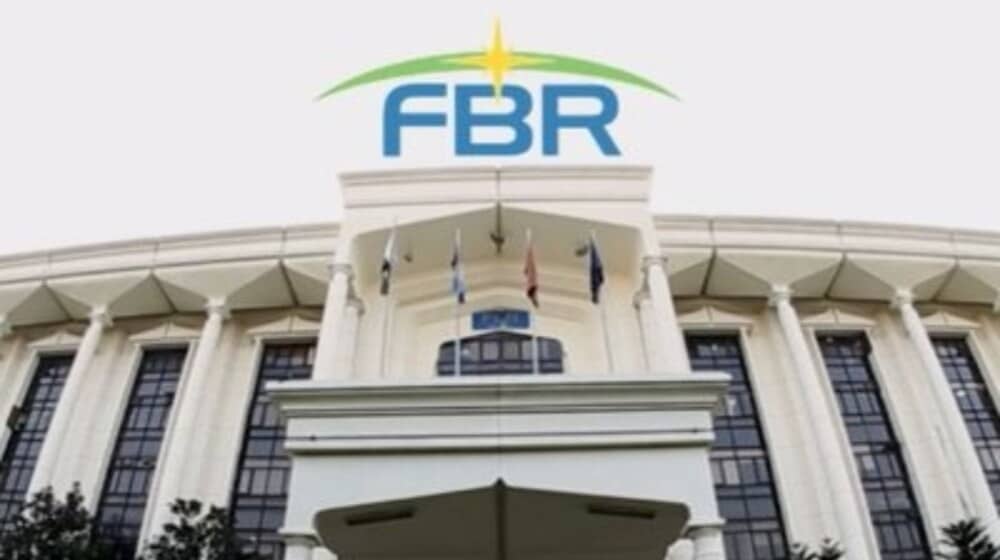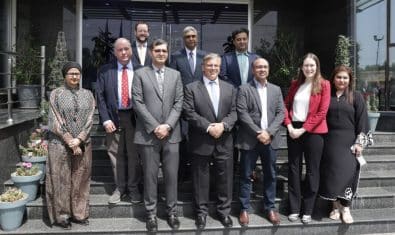The pecuniary jurisdiction of Commissioner Inland Revenue (Appeals) is curtailed under the Tax Laws (Amendment) Bill, 2024 for the value of assessment and refund of tax to the tune of Rs. 10 million in Sales Tax Act, 1990, Rs. 5 million in Federal Excise Act, 2005 and Rs. 20 million in Income Tax Ordinance, 2001.
Under the new Tax Laws (Amendment) Bill, 2024, a direct appeal against the assessment order/Order in Original shall be filed in Appellate Tribunal Inland Revenue (ATIR).
Upon passing of the Tax Laws (Amendment) Act, 2024 by the National Assembly and after the assent of the President of Pakistan, all cases in excess of pecuniary jurisdiction shall be deemed to be pending in ATIR.
The new mechanism is created for Alternated Dispute Resolution in the three fiscal statutes i.e., Sales Tax Act, 1990, Federal Excise Act, 2005, and Income Tax Ordinance, 2001 for cases of 50 million and above. This limit is not applicable in the case of State Owned Enterprises.
Directorate-General of Law is proposed to be established in fiscal statutes. Now, the Federal Government shall be appointing authority for Members instead of the Prime Minister.
Existing members including the Chairman of the Appellate Tribunal shall continue to hold office, on the same terms and conditions as applicable to them before the commencement of the Tax Laws (Amendment) Act, 2024.
The proposed Tax Amendment Act has removed the distinction between accountant members and judicial members. The qualification of lawyers for becoming a member is increased from 10 years of practice to 15 years of practice in the High Court. Chartered Accountant’s qualification for becoming a Member remains the same.
The tenure of service for members from FBR in BS-21 and 20 remain the same. For grade 20 officers no prior experience as a Zonal or Appellate Commissioner is, now, necessary.
The tenure of the Chairman is fixed for three years and can be reappointed if the Federal Government deems fit. The age limit is increased from 60 years to 62 years (equivalent to the retirement age of a High Court judge) for Members possessing law and accounting background.
The Members from FBR shall retire as per the parent department’s rules for superannuation.
The performance review committee shall be constituted and have the power to remove any Member or Chairman from service on grounds, inter-alia, of inefficiency or misconduct.
Ministry of Law shall make rules for the constitution of benches, case management system, distribution of cases, and other matters ancillary or incidental to the appellate tribunal.
The time limit for filing an appeal is reduced from 60 to 30 days for taxpayers. In case State Owned Enterprise appeal can be filed within 30 days from the date of the decision of ADRC under section 134A.
The appeal is to be decided within 180 days from the date of commencement of the Tax Laws (Amendment) Bill, 2024 which is extendable to 90 days subject to seeking of condonation from the Ministry of Law and Justice.
The Appellate Tribunal shall ensure strict adherence to the time fixed for the hearing scheduled by the taxpayer and the Commissioner. The case shall be heard on a fixed date and no adjournment shall be granted. However, the exception is provided in the case where compelling reasons for adjournment exist after recording reasons and on mandatory payment of such cost as the Appellate Tribunal may deem fit, which shall not be less than fifty thousand rupees.
Major shifts are made in the filing of tax references to the High Court. The following are the salient features:-
- Now ‘question of law’ and ‘mixed question of law and fact’ can be referred to the High Court. Previously only pure ‘question of law’ could be referred;
- Filing tax period is reduced from 90 days to 30 days;
- Within 15 of filing of tax reference, the aggrieved person shall file a complete record of the Appellate Tribunal;
- Special Benches comprising not less than two judges of the High Court shall be constituted;
- Reference shall be decided within 6 months;
- The automatic stay of 30 days (reference filing time shall be allowed);
- If the order of the High Court results that some amount of tax is found to be refundable, the High Court may, on application by the Commissioner within thirty days of the receipt of the judgment of the High Court that he wants to prefer a petition for leave to appeal to the Supreme Court, make an order authorizing the Commissioner to postpone the refund until the disposal of the appeal by the Supreme Court;
- On an application filed in a particular reference and after affording an opportunity of being heard by the Commissioner, the High Court may stay the recovery of tax, subject to deposit with the assessing authority of not less than thirty percent of the tax determined by the Appellate Tribunal. Where recovery of tax has been stayed by the High Court by an order, such order shall cease to affect the expiration of a period of six months following the day on which it was made unless the appeal is decided or such order is withdrawn by the High Court earlier.
- No Reference application filed by the Commissioner shall be entertained by the High Court unless it is accompanied by a written authorization by the concerned Chief Commissioner.






















